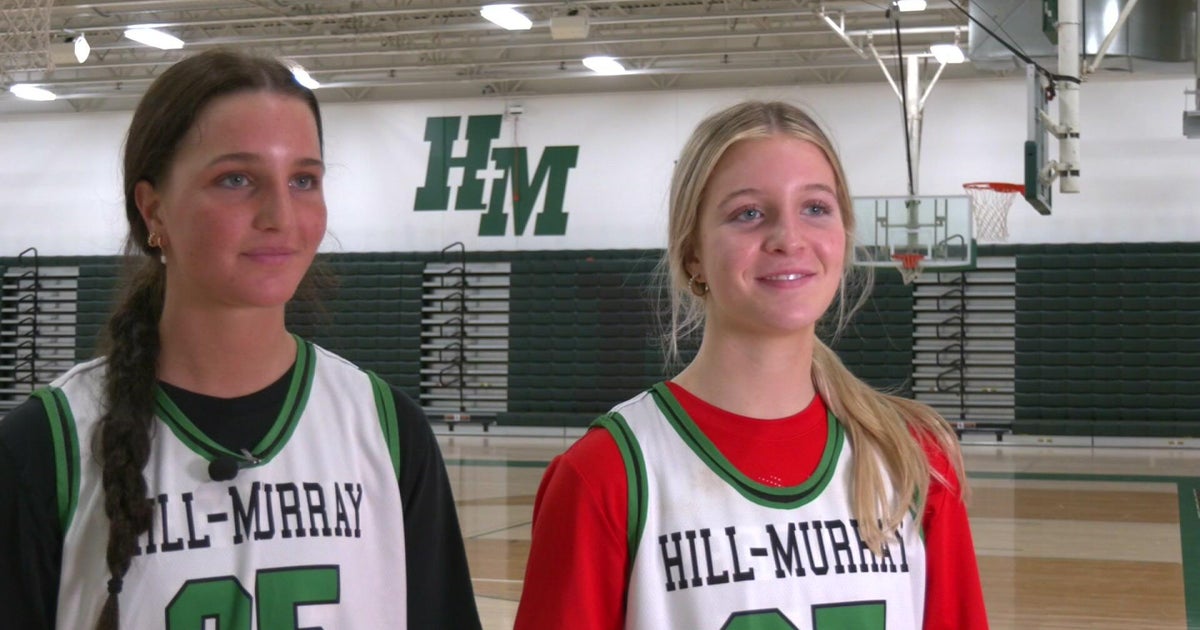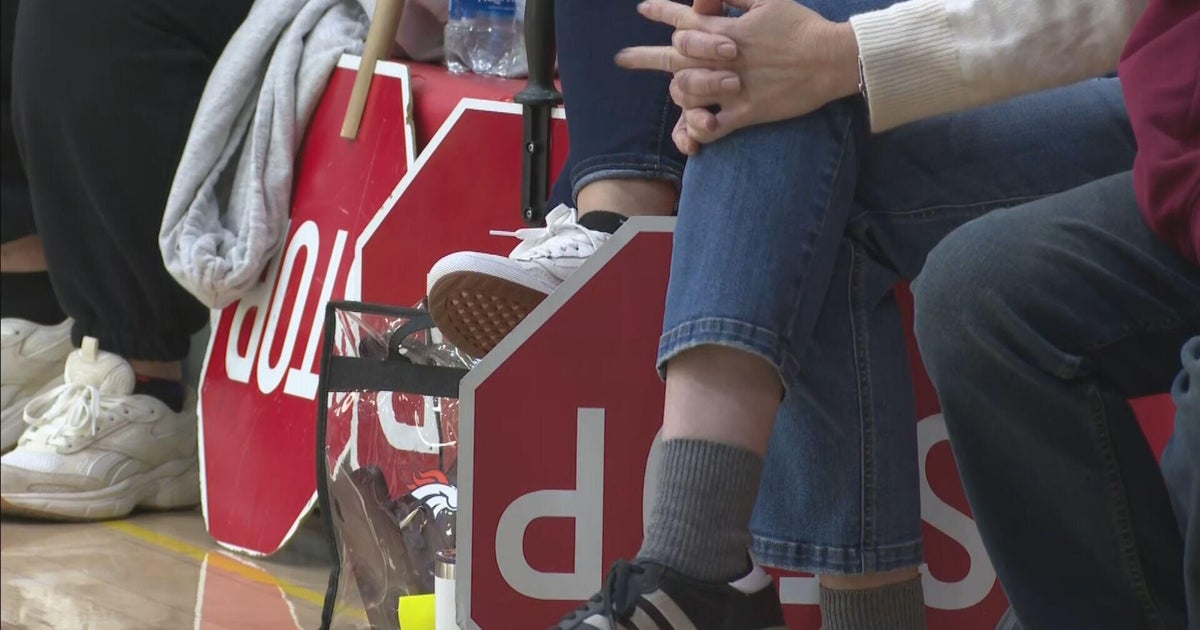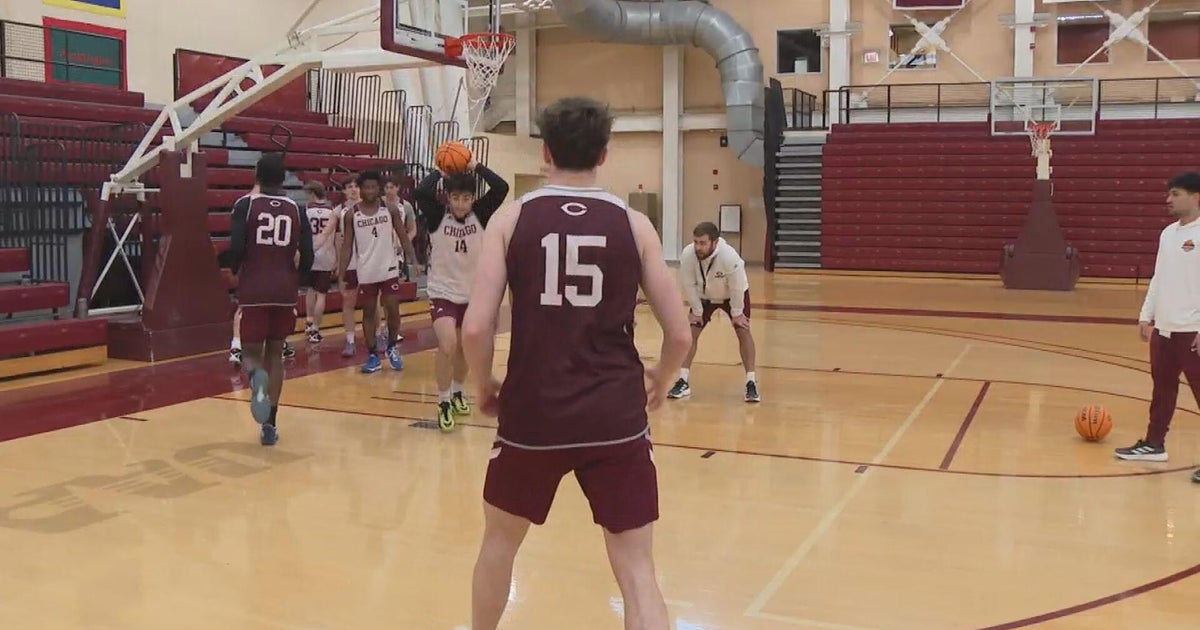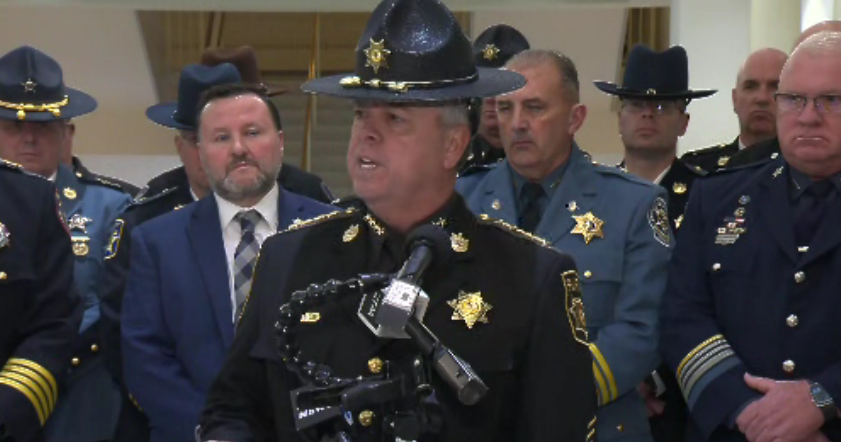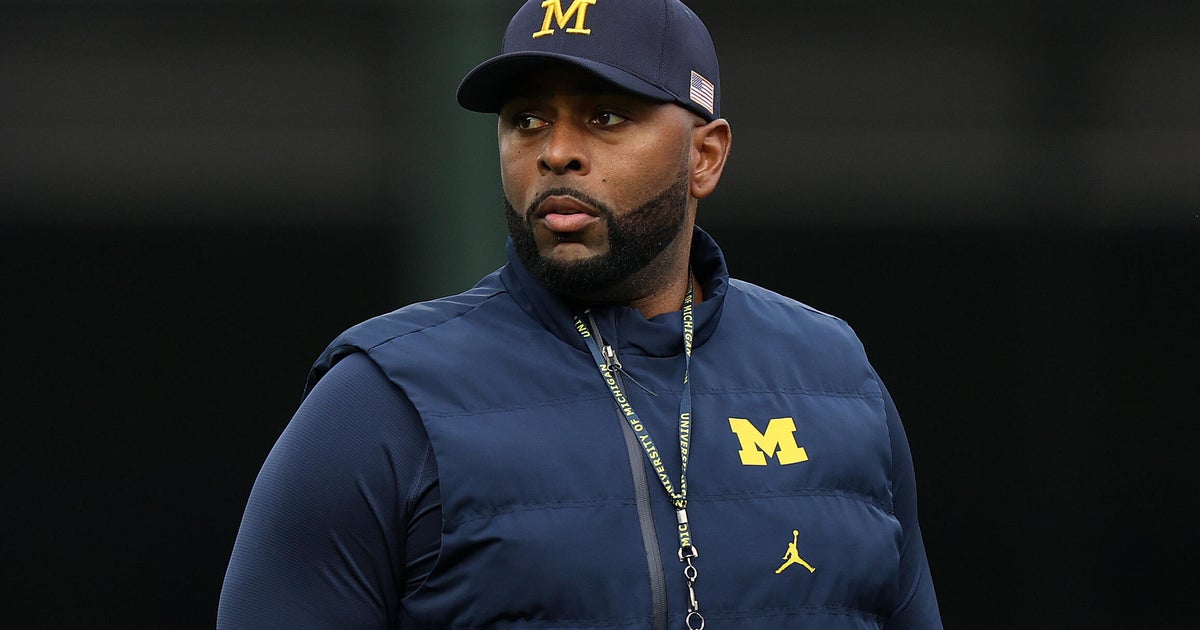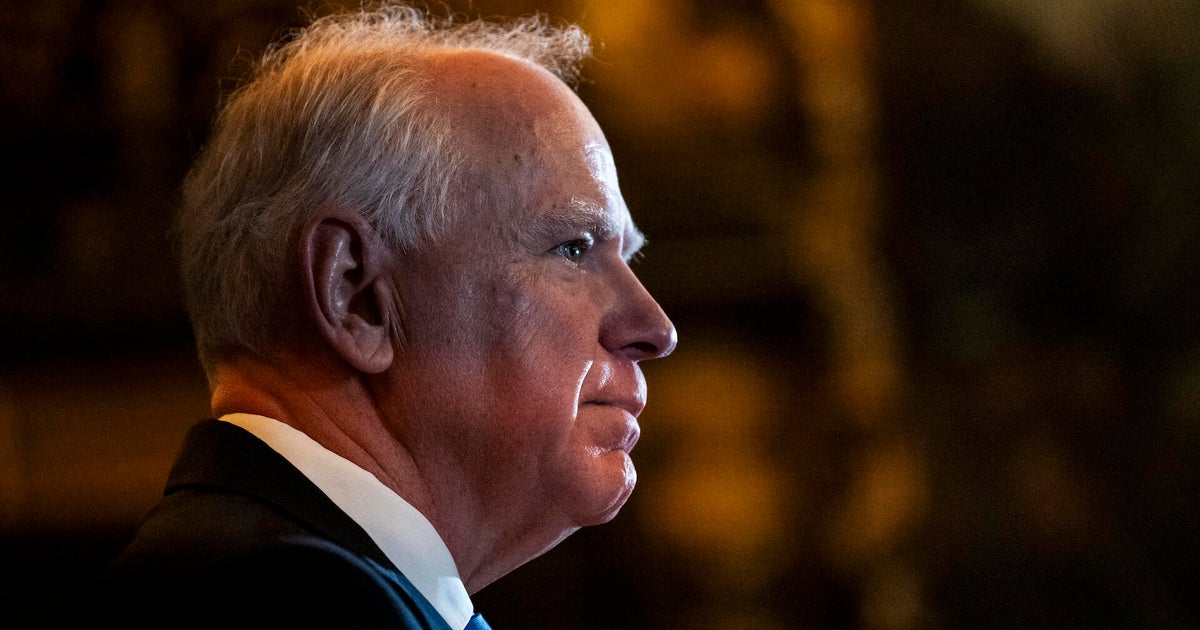Bill Belichick Lends Insight Into His Timeout Strategies In Lengthy Answer
By Matt Dolloff, CBS Boston
BOSTON (CBS) -- I'll never understand why more reporters don't ask Bill Belichick more straight football questions. He almost always gives long, fruitful responses to questions that give him a chance to talk general football strategies. It's not the sexiest or hot-take-iest topics, but at least you will get an answer and not a complete non-answer - or, even worse, a verbal smackdown.
You may be a turd-in-the-punchbowl type who believes that you HAVE to ask the tough questions in order to hold players and coaches accountable. That's fair. Sometimes there are things that need to be asked. But with Belichick, there are certain things where you're just wasting time. Some people even know they're wasting time but are asking him just on principle. That's just silly - time is the worst thing to waste.
One reporter on Tuesday who did not waste his time is CSNNE's Tom E. Curran, who has also asked Belichick tough questions and gone back-and-forth with the coach over the years, notably in Belichick's unforgettable "Mona Lisa Vito" DeflateGate press conference. But he asked Belichick about his strategies with timeouts and the "intricacies" of managing the clock at the end of games and got about as scholarly of a dissertation as Belichick has ever given a reporter.
"Well yeah Tom, it's a really good question and a very hard one to answer," Belichick said to start. This is when Curran knew he'd won - when Belichick, notorious media slayer, tells you 'It's a really good question,' you know you've done your job. The rest of Belichick's answer went into incredible depth to explain the complexities of timeouts and clock management in end-of-game situations. It may seem simple on the surface, but it really is not.
"There are so many factors in football that it's really hard to find two situations that are the same. Even in some situations that are similar, there's usually something in there, the conditions on the field, or the game, or the wind, or something else that adds another variable in there besides just point-differential and time and timeouts. But I would say even with the three timeouts involved, which could be three, two, one, zero, so there's another four possibilities there and the field position and, again, the score spread, the differential in points. There's really a lot of moving parts there, a lot of factors."
Belichick continued with more explanations of the process he goes through with the coaching staff on what they plan to do in certain situations, with the understanding that the situation and strategy can change in a single play. But his main point is that any given situation has too many variables involved to really say there's a right or wrong way of doing things with your timeouts, especially not in the moment before the game's even over.
"I think there's a lot of different ways to do it and I'm not sure there's a right or wrong way on a lot of these things. Again, I'd say the most important thing is making sure that you just have it right. That everybody understands what they're doing, what the strategy is so that you have a chance to execute it. Again, in all honesty it's not the easiest thing to do. It sounds easy now but when those situations come up in a game and they change quickly it's a lot harder to do than what it is an hour after the game when you really can sit there and think about it."
Ultimately, this just proves once again why Belichick is by far the best coach in the National Football League. He took what looked like an intriguing coaching matchup in Arizona and simply coached circles around the Cardinals' Bruce Arians. Both coaches' use of their timeouts at the end of the game felt different degrees of risky and unorthodox at the time, but Belichick's explanation on Tuesday shows how hard those decisions can be in the first place. It also showed how well prepared Belichick is for almost every situation imaginable.
However you may feel about how Belichick handled his timeouts against the Cardinals, it's undeniable that Belichick was as prepared for the situation as he could have been and it ultimately worked out for him and the Patriots. Even if it didn't work out, it was never an easy decision. Coaches make mistakes sometimes because coaching in the NFL is hard. Belichick is just the best at it.
Matt Dolloff is a writer for CBSBostonSports.com. His opinions do not necessarily reflect that of CBS or 98.5 The Sports Hub. Have a news tip or comment for Matt? Follow him on Twitter @mattdolloff and email him at mdolloff@985thesportshub.com.
